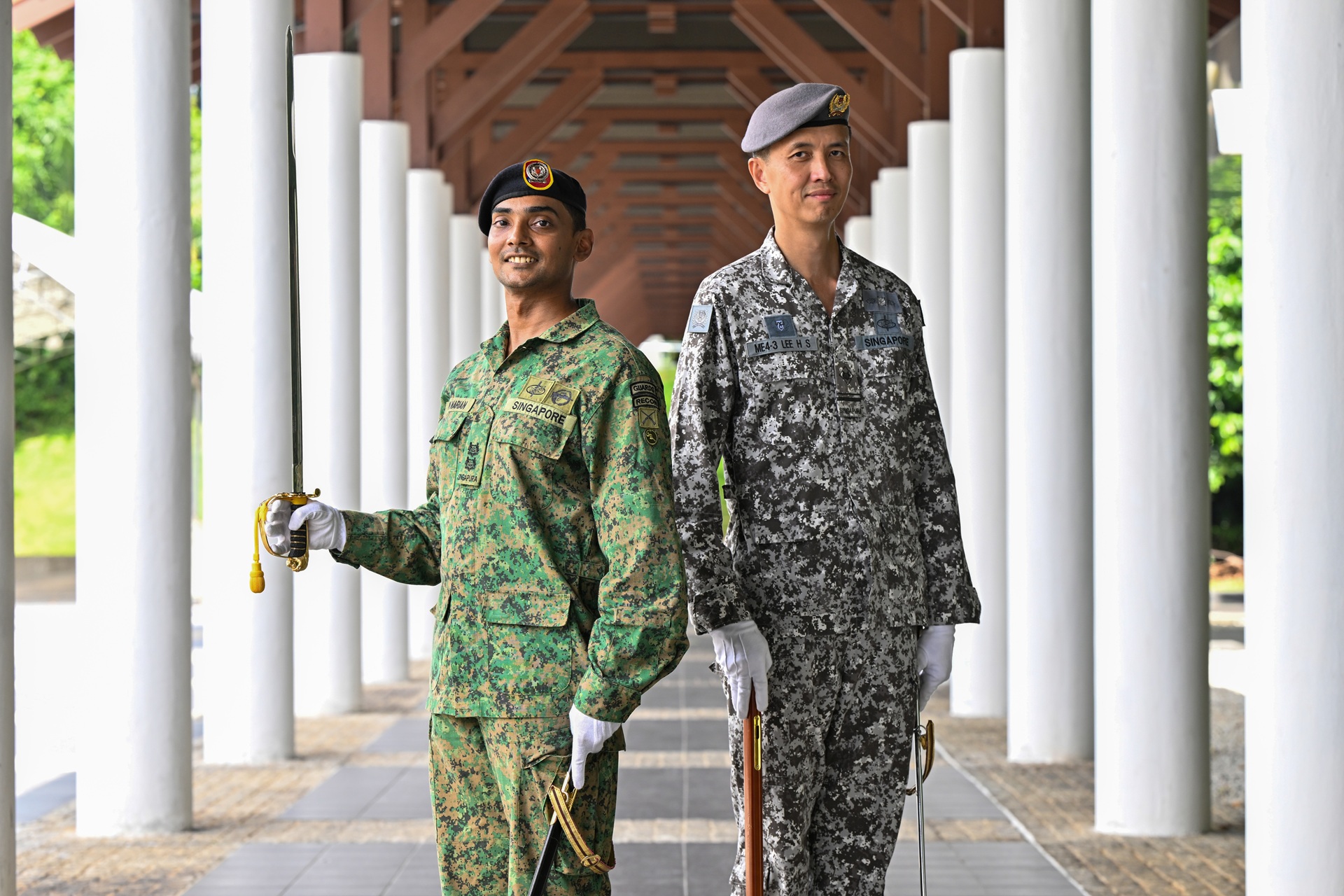SAF MEDICAL CORPS SHARES MILITARY MEDICINE KNOWLEDGE
PHOTO // Chua Soon Lye
The Singapore Armed Forces Medical Corps (SAFMC) shared its expertise on a variety of military medicine topics as it chaired several seminar sessions as part of the 13th International Conference on Emergency Medicine (ICEM) 2010. The sessions were conducted on the last day of the conference which was held at the Suntec International Convention and Exhibition centre from 9 to 12 Jun.
During the sessions, four senior doctors from the SAFMC talked about topics such as the SAF's experiences in overseas medical deployments, management of heat injuries in soldiers, medical considerations in air-evacuation operations and the issues surrounding submarine rescue.
They also discussed the SAF's efforts in enhancing soldier performance from a medical perspective to the doctors and medical professionals who attended the talks.
For example, during the session on heat injuries delivered by Major (MAJ) (Dr) Pang Hee Nee, he put forth the idea that acclimatisation to warm weather was the best defence against heat-related injuries.
"In most heat injuries, we found that most of the affected soldiers did not have adequate time to adapt to carrying out strenuous physical activities in warm weather," said MAJ (Dr) Pang.
To counter this, the SAF put in place a series of measures to combat the onset of heat injuries. For example, newly-enlisted soldiers are put through a progressive training programme. "Since the acclimatisation programme was implemented in 1994, incidences of heat injuries have decreased dramatically. The SAF also maintains a comprehensive database on heat injuries, so that soldiers can receive better medical care," MAJ (Dr) Pang said.
SAFMC doctors delivered four out of the nine seminar sessions. The other speakers included medical professionals such as Lieutenant Colonel (LTC) William White from the Defence Medical Readiness Training Institute of the United States Army Medical Department.
LTC White spoke about his experience in preparing medical trauma teams for combat operations. As medical teams in combat environments have to be mentally prepared to deal with not only the casualties suffering from severe gunshot wounds but also with the effects of attacks on their medical facilities.
"One of the things we tell our people to look out for is signs of compassion fatigue in themselves. As you treat life-threating wounds on a daily basis, it is easy to overlook personal needs such as rest," said LTC White .
This was a point echoed by MAJ (Dr) Lo Hong Yee, General Surgeon, SAFMC. Recently deployed to Afghanistan as part of an international rebuilding effort, MAJ Lo spoke on how the SAF kept its medical detachment in an optimal mental state.
To break the monotony of providing care 24/7 to locals and soldiers alike, the detachment kept to a schedule that was as normal as possible. For example, meals served to the detachment staff varied on rest days such as Sundays and the field hospital kept to a minimal staff level. "This was done to mimic a semblance of life back home and to provide a much needed respite from the hectic pace of work," said MAJ (Dr) Lo.
In 2008 and 2009, the SAF sent medical detachment teams as part of international reconstruction efforts to a field hospital in Tarin Kowt, Oruzgan, Afghanistan. During the deployments, the medical detachments provided emergency and trauma care, primary health care and ward capabilities. The detachment treated close to 200 casualties, most of whom were Afghan civilians and military personnel, as well as International Security Assistance Force personnel.
Clearly, the SAF's efforts did not go unappreciated. "When the SAF sent in its teams into Afghanistan to assist us, it was such a weight off our shoulders... The SAF teams were very well-trained and well-equipped," said LTC White.As the SAF continues its drive to become a 3rd Generation fighting force, the SAFMC continually seeks to improve its level of medical care to better enhance soldiers' performance. One of the purposes of the medical medicine seminar series was to attract more people to join the profession, said LTC (Dr) Chua Wei Chong, Chief Army Medical Officer, during his opening address for the series.Speaking on behalf of military medical services all over the world, LTC White said in summary, "There's nothing classified or secret about we do. At the end of the day, it's just all about saving lives."This is the first ICEM to be held in Asia. As part of the conference proceedings, the SAFMC also conducted the Advanced Trauma Life Support (ATLS) course for 22 international doctors on 7 and 8 Jun. The ATLS is an international certification course designed to give doctors a framework to treat severely injured patients.The next ICEM is scheduled to be held from 27 to 30 Jun 2011 in Dublin, Ireland.
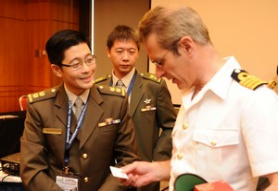
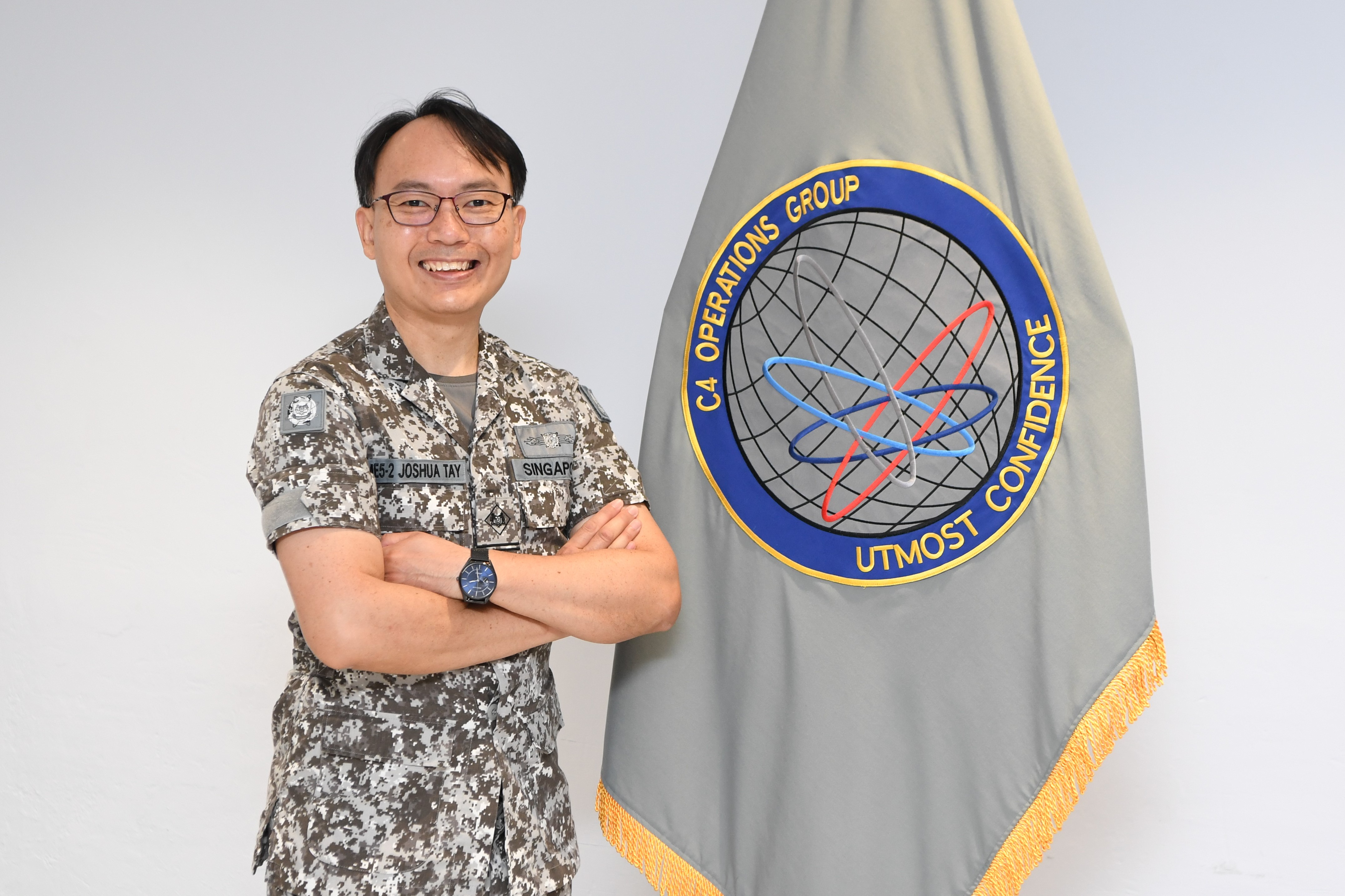
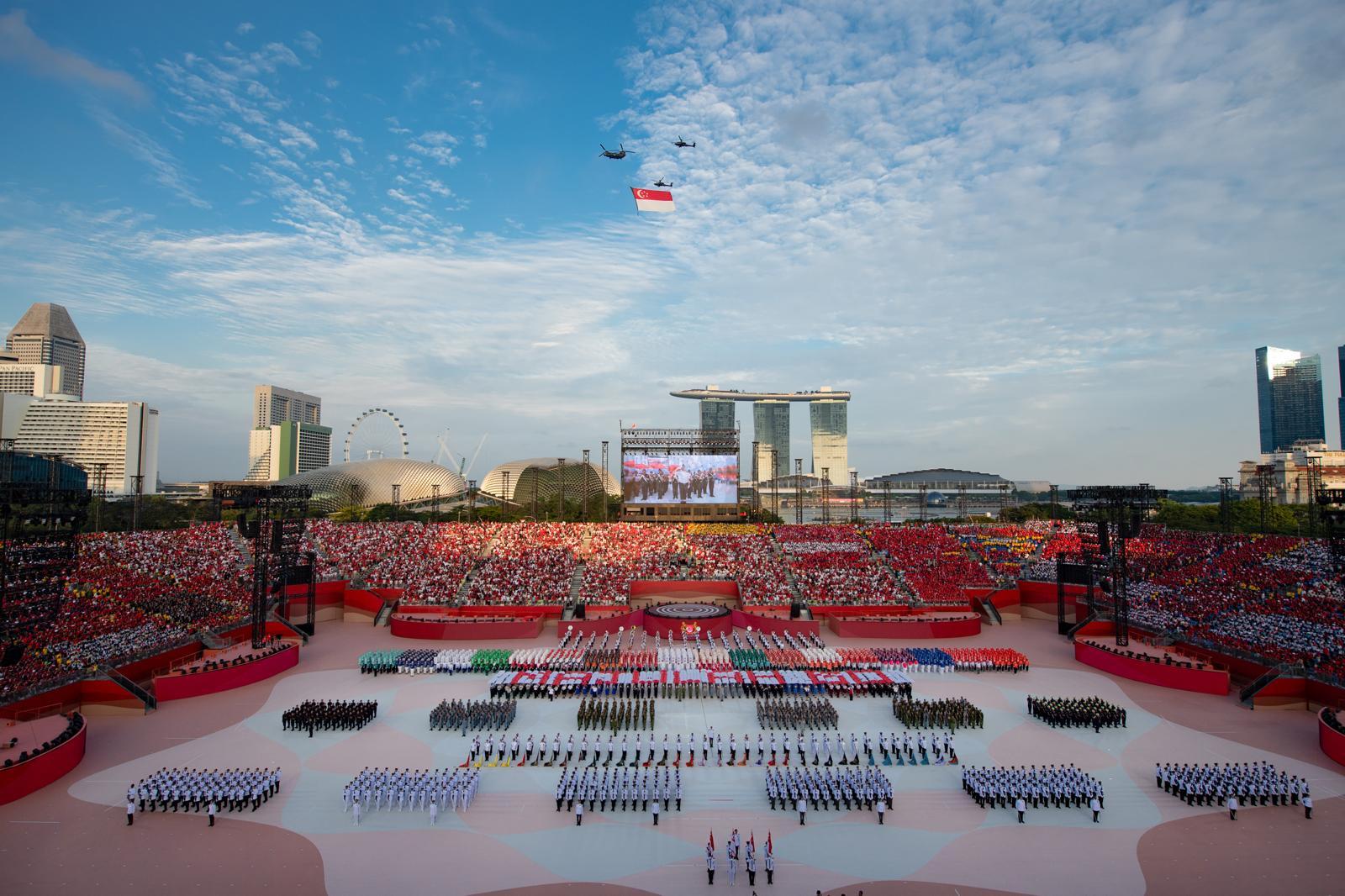
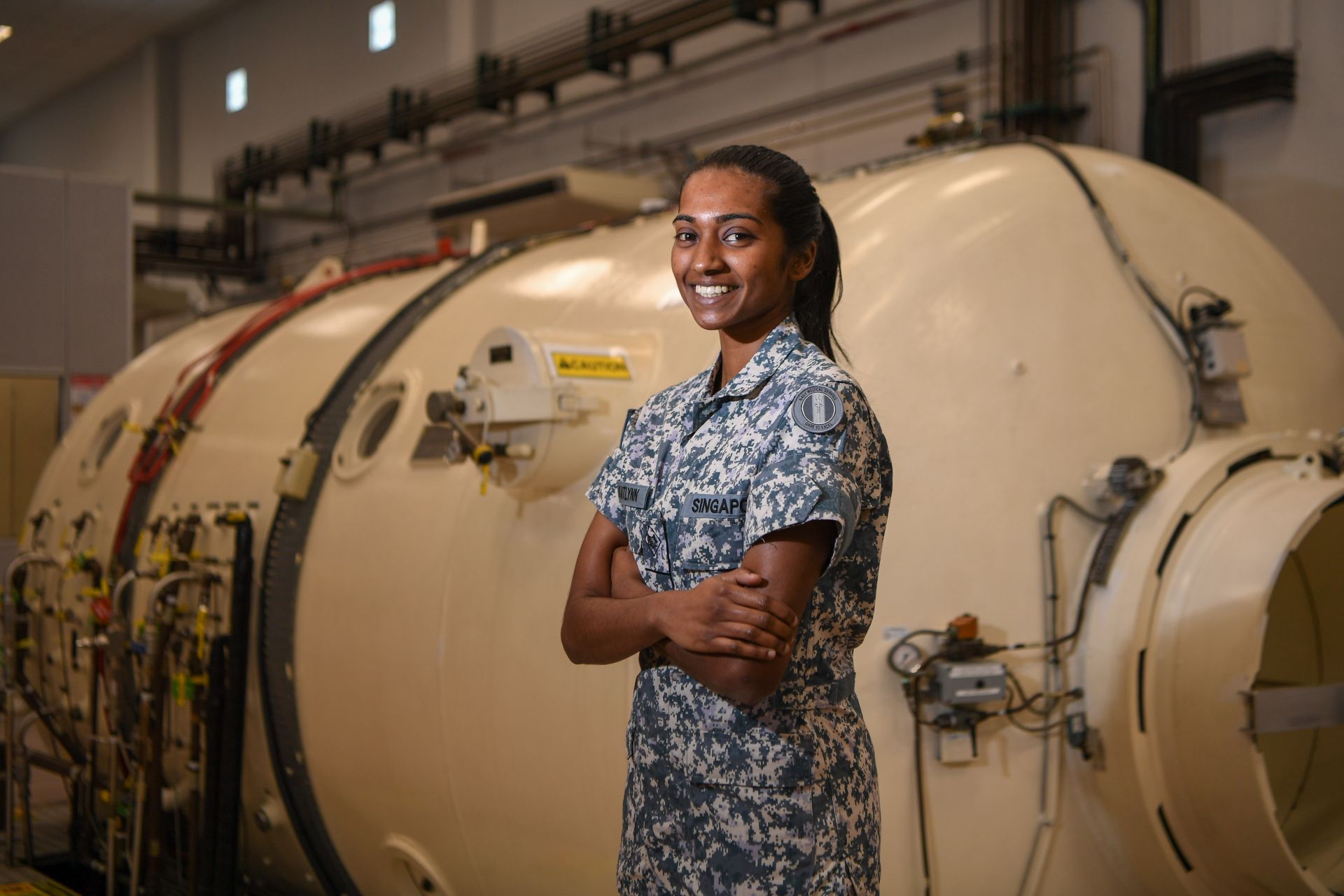
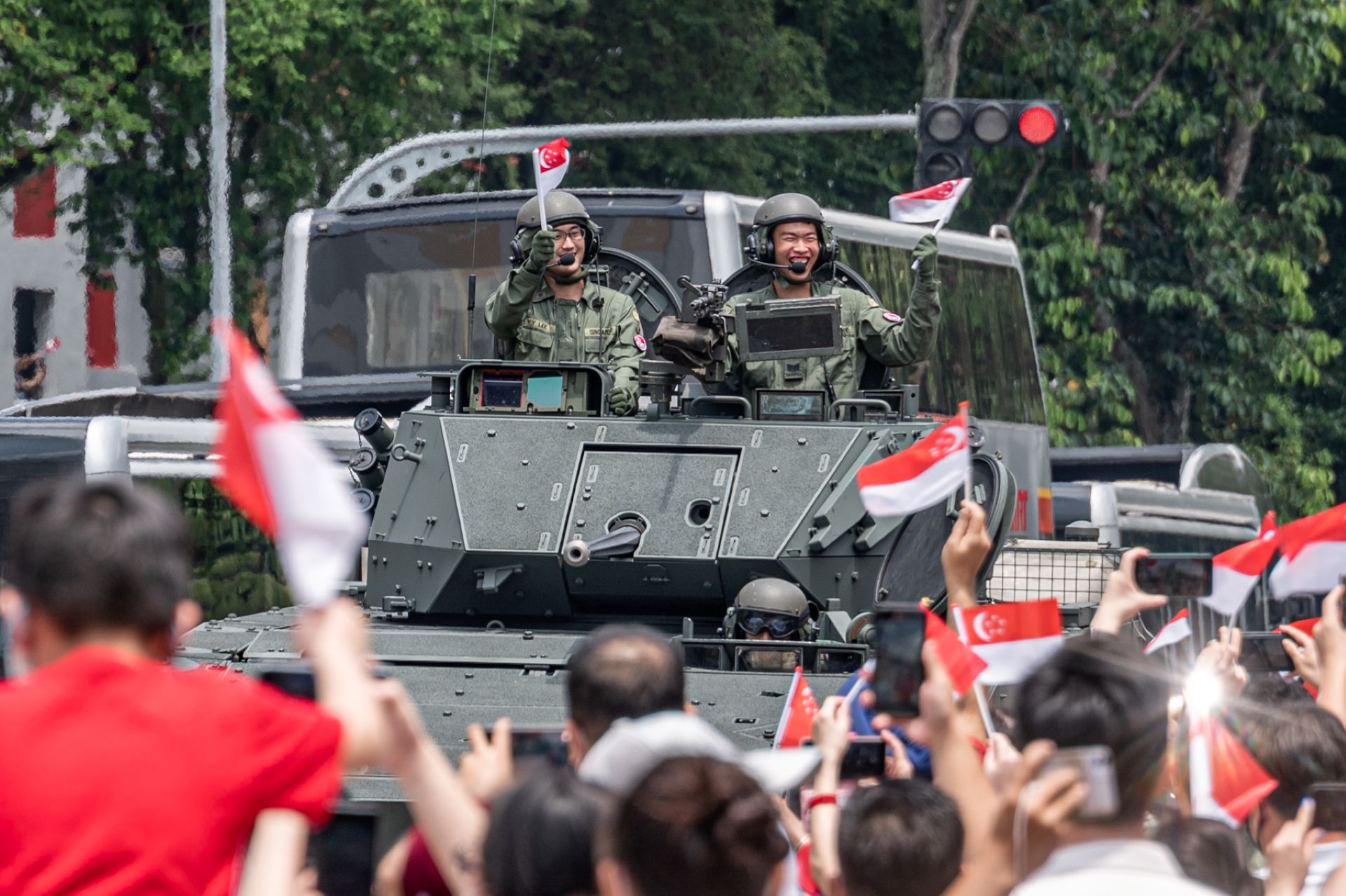
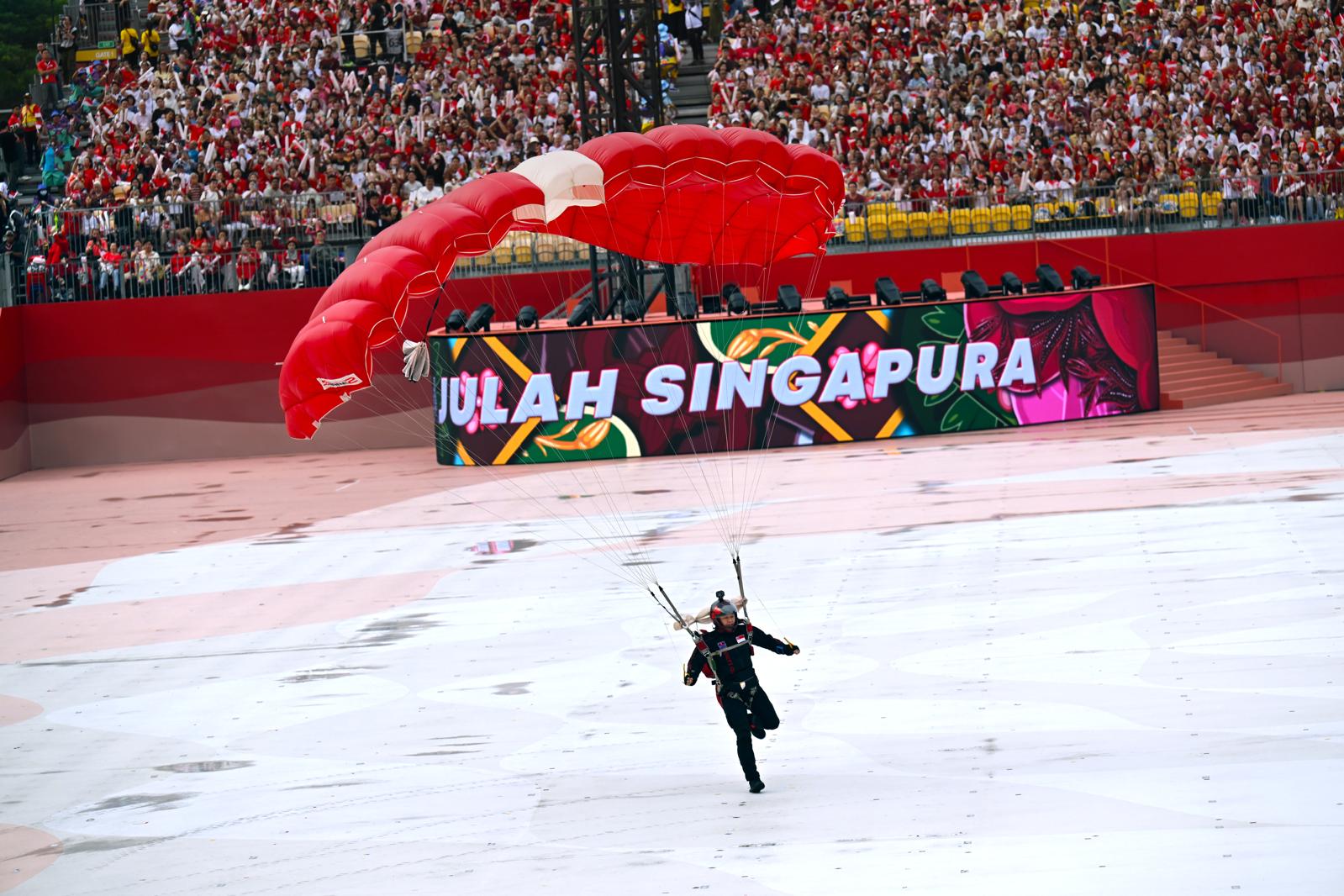
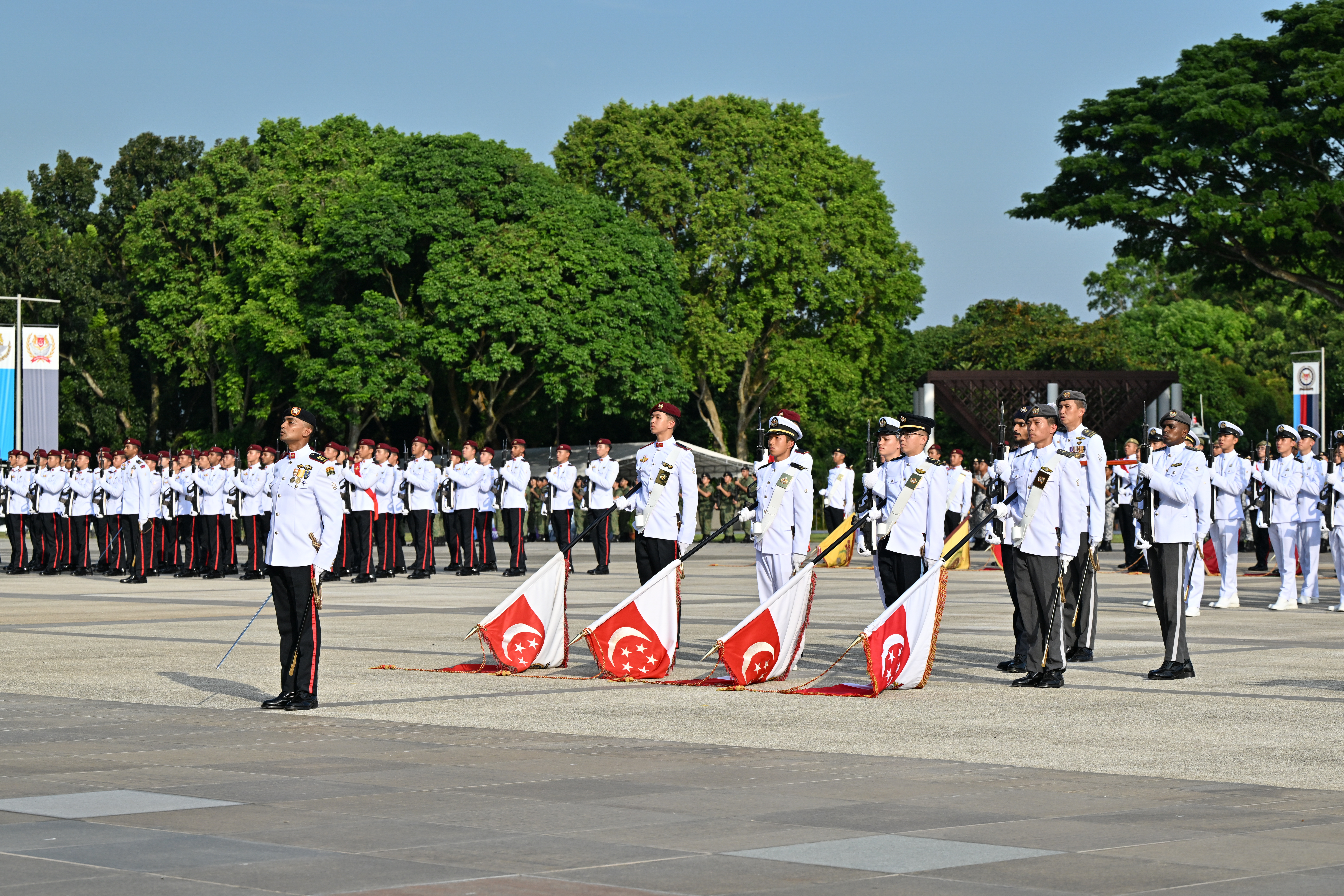
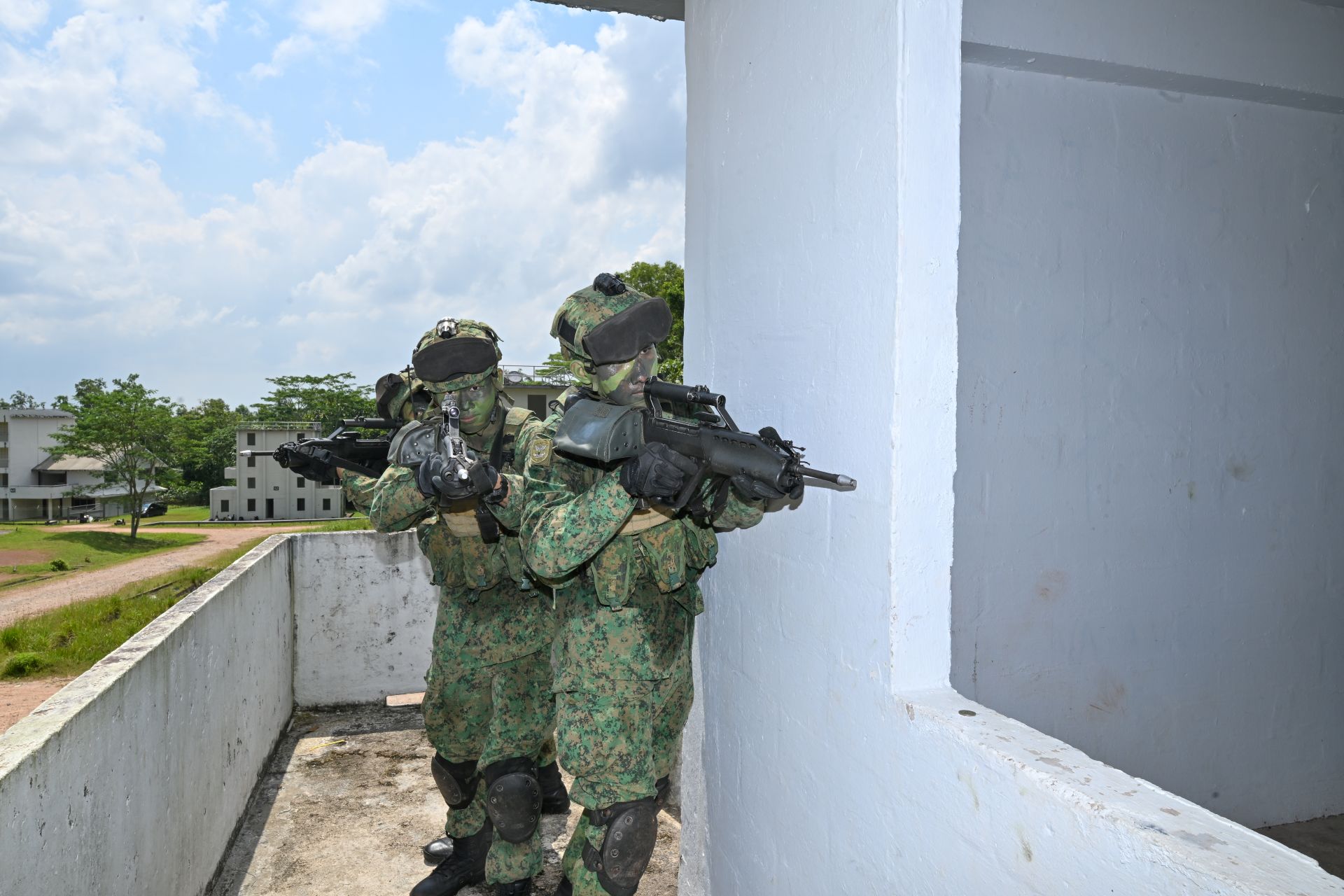
.jpg?sfvrsn=b5383902_1)
.jpg?sfvrsn=4eb1b86e_1)
